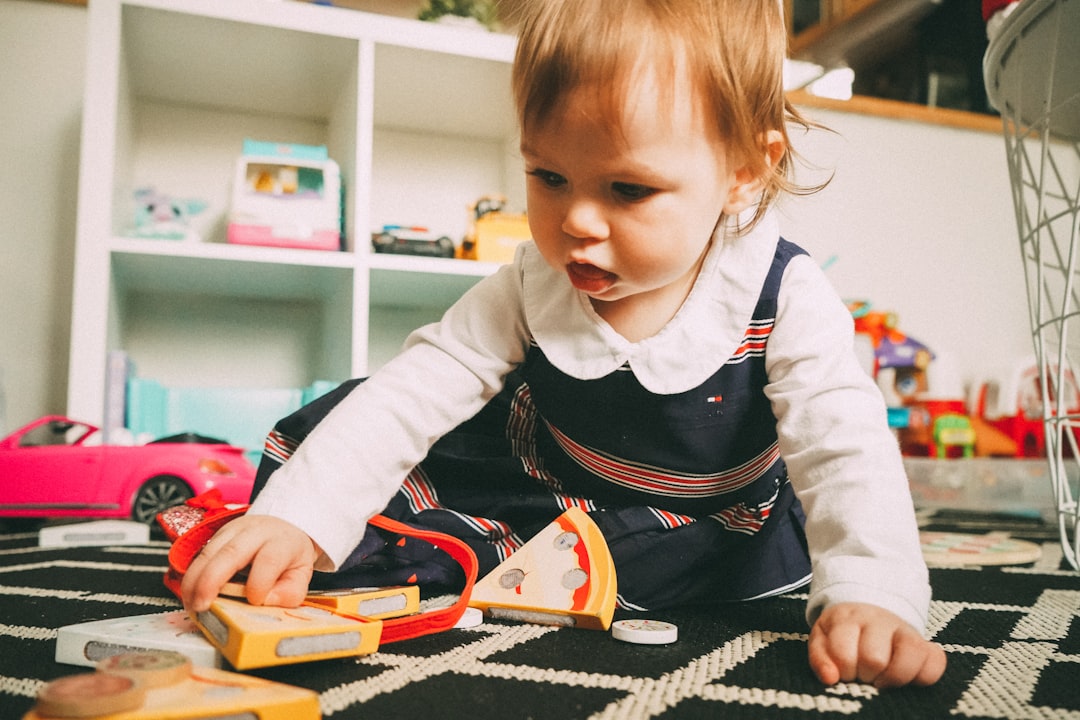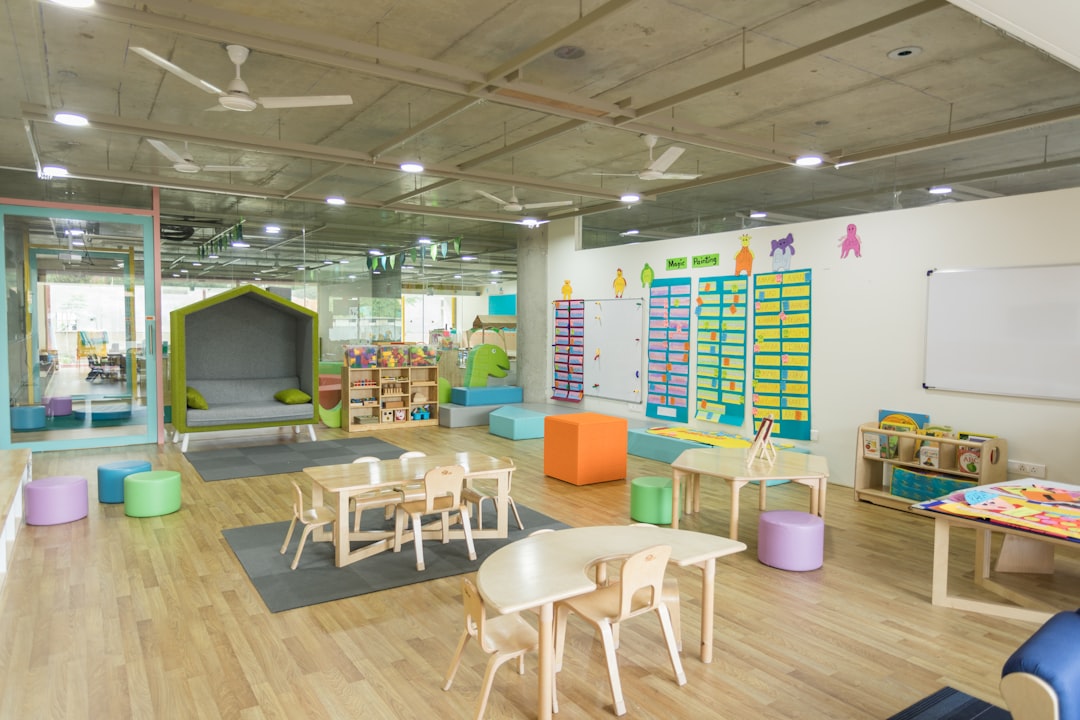Recognizing daycare abuse signs like behavioral changes and physical indicators is crucial for child safety. If suspected, consult daycare abuse attorneys in Jersey City, NJ immediately to protect victims and seek justice. Prompt reporting mitigates emotional, social impacts on children, while long-term psychological effects may persist into adulthood.
In Jersey City, NJ, understanding the psychological effects of daycare abuse is crucial for identifying and addressing this sensitive issue. This article delves into the subtle signs that indicate potential maltreatment, exploring its immediate impact on children’s well-being. Furthermore, it examines the long-term psychological consequences that may surface as they grow older. Knowing these effects empowers parents and caregivers to seek justice with the help of daycare abuse attorneys and ensure children receive the support they need to heal.
Recognizing Signs of Daycare Abuse

Recognizing signs of daycare abuse is crucial for ensuring the safety and well-being of children in our care. Parents and caregivers should be vigilant for any unusual behaviors or changes in a child’s demeanor after spending time at daycare. This might include increased anxiety, withdrawal, or sudden aggression. Children may also exhibit physical signs such as unexplained bruises, scratches, or injuries.
If you suspect daycare abuse, it’s important to take action quickly. Daycare abuse attorneys in Jersey City NJ can provide guidance and support for families navigating these challenging situations. They help protect victims and hold accountable those responsible, ensuring justice and the best interests of the child are served.
The Short-Term Impact on Children

The short-term effects of daycare abuse can be profound and varied, impacting a child’s emotional and behavioral development. Children who experience neglect or physical harm in a daycare setting may exhibit immediate signs of distress, such as excessive crying, withdrawal from social interactions, and changes in appetite. They might also struggle with sleeping disorders, showing increased irritability or aggression, and having difficulty concentrating on tasks. These early indicators often serve as red flags for daycare abuse attorneys in Jersey City NJ who specialize in such cases, highlighting the need for immediate intervention.
In the short term, children may also start to internalize feelings of fear and helplessness, which can lead to anxiety disorders or traumatic stress. They might develop unhealthy attachment patterns, becoming overly reliant on caregivers or, conversely, avoiding close relationships altogether. Such experiences can significantly impair a child’s ability to form secure bonds with peers and adults, affecting their overall well-being and social skills. Prompt reporting and legal action by daycare abuse attorneys in Jersey City NJ are crucial to ensuring these children receive the necessary support and therapy to mitigate these short-term impacts.
Long-Term Psychological Consequences

The long-term psychological consequences of daycare abuse can be profound and lasting, affecting individuals well into adulthood. Children who have experienced neglect, physical harm, or emotional trauma in a daycare setting may struggle with anxiety, depression, and low self-esteem as they grow older. These early experiences can shape their ability to form healthy relationships and trust others, leading to social and emotional difficulties later in life.
Daycare abuse attorneys in Jersey City, NJ, often see the lasting impact of such trauma, which can include post-traumatic stress disorder (PTSD), difficulty concentrating, and behavioral problems. Survivors may also face challenges in expressing their emotions and seeking help when needed. It’s crucial to recognize these long-term effects and provide appropriate support and counseling to help individuals heal from their traumatic experiences in daycare settings.





